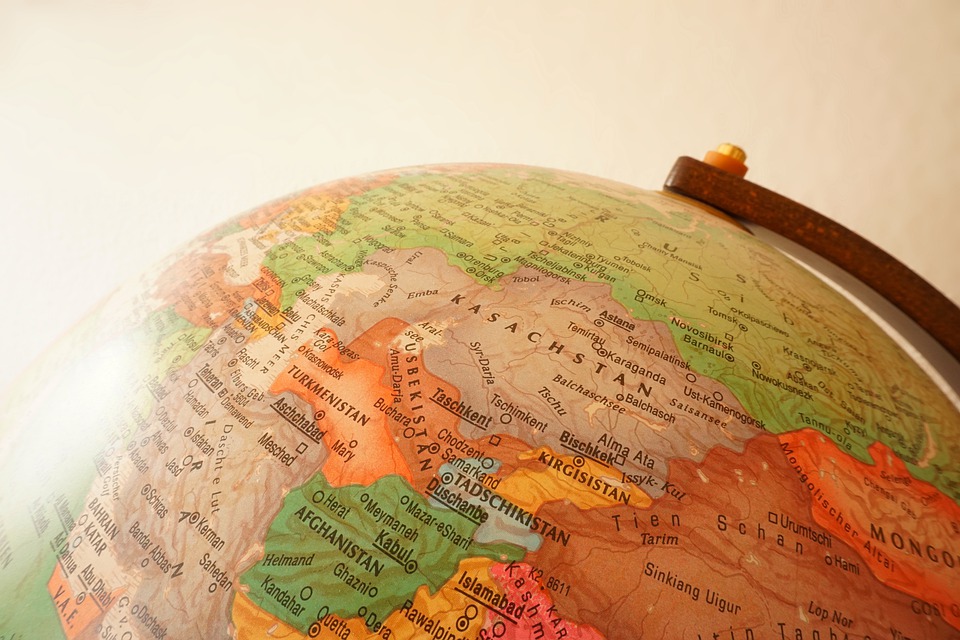Russia’s ties with Central Asia continue to worsen as the war in Ukraine drags into its eleventh month. Countries in the region are growing more unsure that Moscow remains capable of protecting them in the event of a security threat. Kazakhstan and Kyrgyzstan, in particular, are cooling their relations with Moscow this fall. Bishkek recently cancelled its joint military exercises with the Collective Security Treaty Organization (CSTO) in protest over Putin’s support of Dushanbe’s border claims, its opposition to the rail project connecting the country to Uzbekistan and China, and Russia’s colonial-like history in the region. Tajikistani President Emomali Rahmon directly accused Putin last month of ignoring the welfare of the smaller Central Asian states. As the war turns in Ukraine’s favor, regional publications and leaders are speaking out more touting their independence from Moscow. Some argue that Russia failed them during internal strife earlier this year.
Rahmon also accused Russian businessmen of caring only about their hydrocarbons and claimed Moscow is failing to help develop Tajikistan’s economy for the population. “These signs of common disapproval of Russian policy and the willingness to reprimand Russia and Putin publicly clearly derive inspiration from Kazakhstan’s example, which, like these actions of regional assertiveness, also continues to affirm [a] more independent course,” according to Stephen Blank of the Jamestown Foundation. Russia is losing the support of states once considered firmly in its sphere of influence. Media articles increasingly blame Russia for their problems. The website 365info.kz took it a step further recently saying Kazakhstan owed Russia nothing. As a fully independent nation, Kazakhstan today is courting leading US corporations, urging them to invest in the country. What does it mean for Russia and Putin when the leadership and media in Central Asia speak out against it?
An October TASS report links the regional unease of Russian relations with the Central Asian states to local governments’ skepticism over Russian economic assistance and guarantees. They view Putin as delivering only economic lip service. Astana, now called Nur Sultan, is the capital of Kazakhstan. The government there harbors a lot of resentment “against Moscow’s charges that Astana [now Nur Sultan City] is supplying weapons to Kyiv and that Washington is trying to sever Russo-Kazakhstani relations, especially as these charges could serve as the basis for a casus belli against Kazakhstan,” says Blank.
While there is no one set of events in Central Asia that can serve as a demarcation point, Putin’s ability to economically, and militarily, influence the region is rapidly declining. The political vacuum leaves room for China to step in and exploit new opportunities offered by the region. China has long sought to control any terrorist groups, or freedom fighters, in Central Asia that support the Islamic, Uyghur population in western China.
As Kazakhstan moves further from Moscow, it appears that its neighbors are following. Blank points out that “…we are also seeing increased mutual attention being paid to Central Asia by both Turkey and Iran.” Tehran operates a drone production facility in the region and recently admitted it is selling them to Russia for use in its war in Ukraine. Iran has inked a number of military deals in Central Asia in recent years. Blank also suggests that Putin’s pretensions of hegemony in Central Asia are far from accurate. These trends look like they will definitively lead to the European Union and US showing an increased interest and bolstering their presence in Central Asia. The region could end up a new target of interest for Putin if Moscow settles the conflict in Ukraine.
Daria Novak served in the U.S. State Dept.
Illustration: Pixabay
